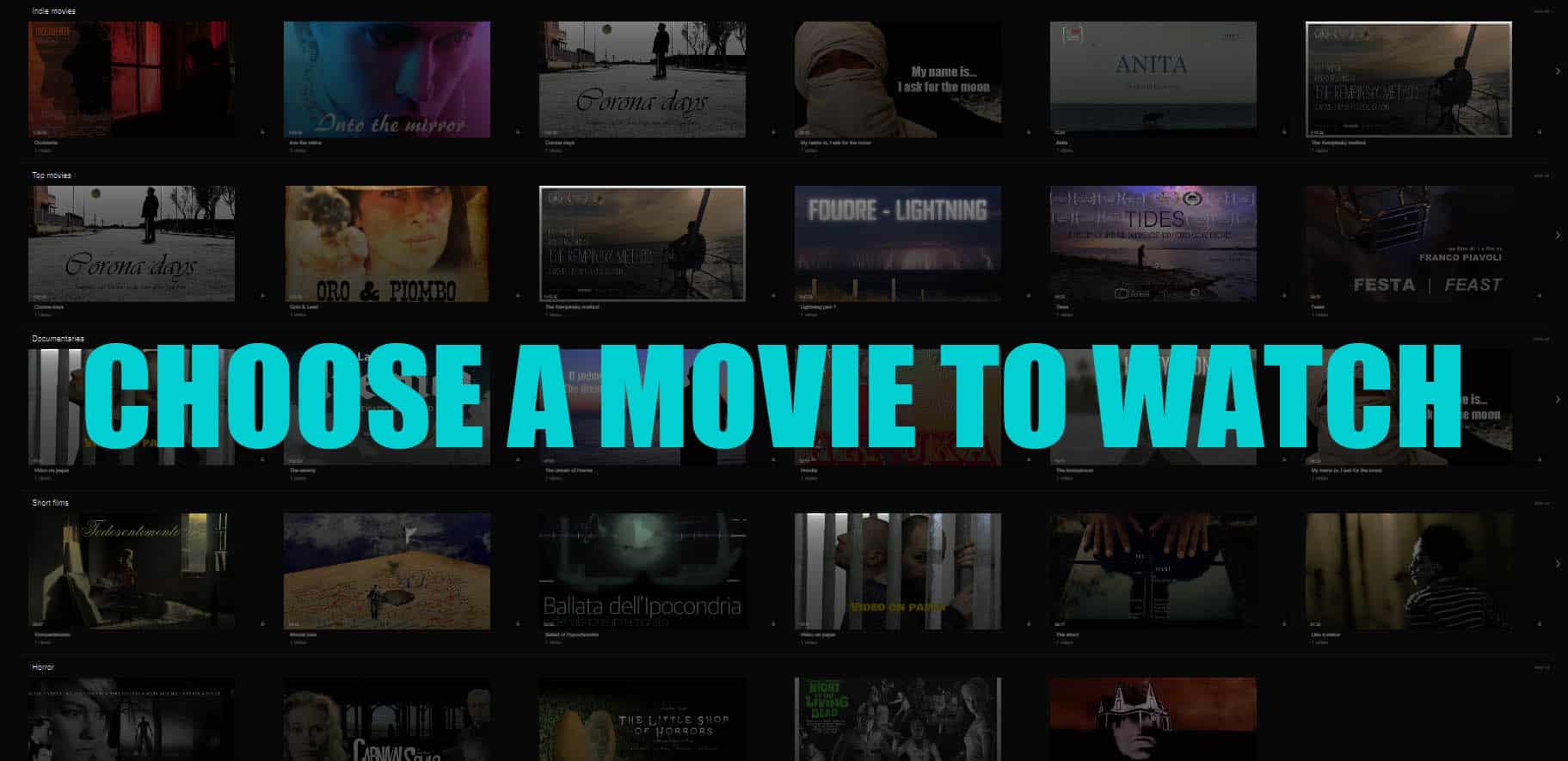Alex de la Iglesia is a name that may not be familiar to everyone, but in the world of Spanish cinema, he is a highly acclaimed and celebrated filmmaker. De la Iglesia has made a name for himself with his unique style of blending dark comedy, horror, and thriller elements into his films. He has gained a cult following and critical acclaim for his ability to create visually stunning and thought-provoking works of art.
Born on December 4th, 1965, in Bilbao, Spain, de la Iglesia discovered his passion for filmmaking at an early age. He attended film school at the Universidad Complutense de Madrid, where he met his longtime collaborator and friend, fellow filmmaker Pedro Almodóvar. After graduation, de la Iglesia worked as a graphic designer and comic book artist before eventually venturing into the world of cinema.
Throughout his career, de la Iglesia has directed over 20 films, including critically acclaimed titles such as “The Day of the Beast” (1995), “Perdita Durango” (1997), and “The Last Circus” (2010). His films have received numerous awards and nominations, including multiple Goya Awards (Spain’s equivalent of the Academy Awards) and recognition at international film festivals such as Cannes and Venice.
In this article, we will delve into the genius of Alex de la Iglesia and explore the themes, techniques, and impact of his work. We will take a closer look at six of his most notable films and analyze what makes them stand out in the world of Spanish cinema. So sit back, grab some popcorn, and let’s dive into the world of Alex de la Iglesia.
Early Years

“Acción mutante” (1993)
One of de la Iglesia’s earliest works, “Acción mutante” (Mutant Action), is a dystopian science fiction film that set the tone for his unique style and approach to filmmaking. Released in 1993, it tells the story of a group of physically disabled individuals who form a terrorist organization to fight against a society that discriminates and oppresses them.
De la Iglesia’s ability to blend social commentary with dark humor is evident in this film, as he uses the mutants’ actions to highlight the issues faced by marginalized communities in society. The film received critical acclaim for its bold and thought-provoking approach, winning multiple awards at the Sitges Film Festival and the Goya Awards, including Best New Director for de la Iglesia.
Awards won by “Acción mutante”
| Award | Category |
|---|---|
| Sitges Film Festival | Best Special Effects |
| Goya Awards | Best New Director |
| Fantasporto | Directors’ Week Award |
| Butaca Awards | Best Catalan Film |
“El día de la bestia” (1995)
De la Iglesia’s breakthrough film, “El día de la bestia” (The Day of the Beast), is arguably his most well-known work. Released in 1995, it tells the story of a priest who believes the Antichrist will be born on Christmas and must do everything in his power to stop it. He enlists the help of a heavy metal fan and a TV psychic to track down Satan himself and prevent the apocalypse.
With its mix of horror, comedy, and action elements, “The Day of the Beast” showcases de la Iglesia’s unique and unconventional storytelling style. The film was a massive success, earning over $2 million in its first week of release in Spain alone. It also won multiple awards including six Goya Awards, including Best Director and Best Original Screenplay for de la Iglesia.
Awards won by “El día de la bestia”
| Award | Category |
|---|---|
| Goya Awards | Best Film, Best Director, Best Original Screenplay, Best Special Effects, Best Sound, Best Editing |
| Fantasporto | International Critics’ Award |
| Montreal World Film Festival | Maverick Award |
| San Sebastián Horror and Fantasy Film Festival | Audience Award |
The Art of Blending Genres

“La comunidad” (2000)
De la Iglesia continued to push the boundaries of genre blending with his 2000 film, “La comunidad” (Common Wealth). This dark comedy-thriller follows a group of residents in an apartment building who become entangled in a twisted plot involving greed, murder, and deception.
The film is a commentary on the corrupt and selfish nature of human beings, as the characters resort to extreme measures to come out on top. De la Iglesia masterfully uses humor to highlight the absurdity of their actions, making for a thrilling and entertaining watch. “La comunidad” earned him another Goya Award for Best Director and was also nominated for best film at the Venice Film Festival.
Awards won by “La comunidad”
| Award | Category |
|---|---|
| Goya Awards | Best Director |
| Venice Film Festival | Golden Lion (nominated) |
| CinEuphoria Awards | Top Ten of the Year – International Competition |
| Fotogramas de Plata | Best Spanish Film |
“Balada triste de trompeta” (2010)
In 2010, de la Iglesia released “Balada triste de trompeta” (The Last Circus), a film that received both critical acclaim and controversy for its depiction of violence and dark subject matter. Set in the backdrop of the Spanish Civil War, the film follows the story of two clowns who are involved in a love triangle with a fellow performer. As they compete for her love and attention, their rivalry turns violent and leads to a twisted and tragic ending.
De la Iglesia’s use of humor to explore serious topics such as love, jealousy, and the destructive nature of human beings is once again on full display in this film. It was nominated for the prestigious Golden Lion at the Venice Film Festival and won multiple Goya Awards, including Best Director for de la Iglesia.
Awards won by “Balada triste de trompeta”
| Award | Category |
|---|---|
| Goya Awards | Best Director, Best Special Effects, Best Costume Design, Best Makeup and Hairstyles, Best Production Design |
| Venice Film Festival | Golden Lion (nominated) |
| San Sebastián Horror and Fantasy Film Festival | Audience Award |
| Butaca Awards | Best Catalan Film |
Deconstructing Society
“Crimen ferpecto” (2004)
With “Crimen ferpecto” (Ferpect Crime), de la Iglesia takes a satirical look at the world of retail and consumerism. The film centers around Rafael, a narcissistic and ambitious salesman who will stop at nothing to become the top employee in the department store he works in. However, his plans take a turn when a rival employee threatens to expose his crimes.
Through the exaggerated and often absurd actions of its characters, the film critiques the obsession with material possessions and success in western society. De la Iglesia’s use of dark humor and irony makes this film a must-watch for anyone who has ever worked in a retail environment. “Crimen ferpecto” won awards at the Sitges Film Festival and the Goya Awards, including Best Actor for Guillermo Toledo’s portrayal of Rafael.
Awards won by “Crimen ferpecto”
| Award | Category |
|---|---|
| Sitges Film Festival | Best Screenplay, Best Cinematography, Best Costume Design |
| Goya Awards | Best Actor, Best Original Screenplay, Best Sound |
| San Sebastián Horror and Fantasy Film Festival | Audience Award |
| Fotogramas de Plata | Best Spanish Film |
“La chispa de la vida” (2011)
In “La chispa de la vida” (As Luck Would Have It), de la Iglesia once again uses dark humor to explore societal issues. The film follows Roberto, a struggling advertising executive who becomes trapped in the middle of a circus tent after a freak accident leaves him impaled by an iron bar. As the media circus around his story grows, Roberto must navigate the blurred lines between tragedy and entertainment.
Through this film, de la Iglesia comments on the sensationalism of the media and the exploitation of human suffering for profit. It received positive reviews and was nominated for Best Film at the Berlin International Film Festival. However, it was also met with controversy due to its depiction of a real-life tragedy that occurred in Spain.
Awards and Nominations for “La chispa de la vida”
| Award | Category |
|---|---|
| Berlin International Film Festival | Golden Bear (nominated) |
| Goya Awards | Best Supporting Actress, Best Adapted Screenplay |
| European Film Awards | Best Comedy (nominated) |
| Magritte Awards | Best Foreign Film in Coproduction (nominated) |
Alex de la Iglesia’s films may not be for everyone, but there is no denying his talent and impact on the world of Spanish cinema. With his unconventional storytelling style, blend of genres, and thought-provoking themes, he has solidified himself as a maverick filmmaker and a master of dark humor. His films continue to gain recognition and praise from audiences and critics alike, cementing his place in the pantheon of great Spanish filmmakers.
In this article, we have explored six of de la Iglesia’s most notable works, each showcasing his unique approach and commentary on societal issues. From his early years to his more recent works, he has consistently pushed the boundaries and challenged traditional filmmaking norms. As he continues to create thought-provoking and visually stunning films, we can’t wait to see what Alex de la Iglesia has in store for us next.
Filmography
- Mutant Action (1993)
- Genre: Science Fiction/Comedy
- Plot: A group of aliens land on Earth and begin to wreak havoc. A group of mutant humans must band together to save the planet.
- The Day of the Beast (1995)
- Genre: Horror/Comedy
- Plot: A priest is sent to investigate a series of mysterious deaths in Madrid. He soon discovers that the deaths are the work of a satanic cult.
- Perdita Durango (1997)
- Genre: Thriller
- Plot: A young woman is stalked by a serial killer. She must use her wits and courage to survive.
- Dying of Laughter (1999)
- Genre: Comedy
- Plot: A group of friends decide to create a comedy club. However, their plans are derailed when one of them is diagnosed with a terminal illness.
- La comunidad (2000)
- Genre: Drama
- Plot: A group of people from different walks of life come together to form a community. They must overcome their differences and work together to create a better world.
- 800 Bullets (2002)
- Genre: Action/Thriller
- Plot: A retired hitman is forced to return to action when his family is threatened. He must use his skills to protect his loved ones and bring down the villain who is after them.
- Crimen perfecto (2004)
- Genre: Comedy/Thriller
- Plot: A group of friends decide to rob a bank. However, their plan goes awry when they are caught in the act. They must use their wits and courage to escape from the police and get away with the money.
- The Oxford Murders (2008)
- Genre: Mystery/Thriller
- Plot: A mathematician is invited to Oxford University to help solve a series of murders. He soon discovers that the murders are linked to a secret society.
- The Last Circus (2010)
- Genre: Drama
- Plot: A group of circus performers must band together to save their circus from being shut down.
- As Luck Would Have It (2011)
- Genre: Comedy
- Plot: A group of friends win the lottery and decide to quit their jobs and travel the world. However, their plans are derailed when they are robbed.
- Witching Bitching (2013)
- Genre: Horror/Comedy
- Plot: A group of friends decide to go on a camping trip in the woods. However, they soon discover that the woods are haunted by a coven of witches.
- Messi (2014)
- Genre: Documentary
- Plot: This documentary follows the life and career of Lionel Messi, one of the greatest soccer players of all time.
- My Big Night (2015)
- Genre: Comedy
- Plot: A group of friends decide to throw a party to celebrate their upcoming graduation. However, their plans are derailed when a series of unexpected guests arrive.
- The Bar (2017)
- Genre: Thriller
- Plot: A group of strangers are trapped in a bar during a zombie apocalypse. They must band together to survive and find a way to escape.
- Perfect Strangers (2017)
- Genre: Comedy/Drama
- Plot: A group of friends decide to play a game where they share all of their secrets. However, the game quickly turns sour as they learn more about each other than they ever wanted to know.
- Venicephrenia (2021)
- Genre: Horror/Thriller
- Plot: A group of tourists are trapped in Venice during a zombie apocalypse. They must fight for their lives as they try to find a way to escape the city.
- El cuarto pasajero (2022)
- Genre: Thriller
- Plot: A group of friends decide to take a road trip. However, their journey takes a deadly turn when they pick up a mysterious hitchhiker.
- Mandrágora
- Genre: Horror
- Plot: A group of friends decide to go on a camping trip in the woods. However, they soon discover that the woods are haunted by a malevolent force.



